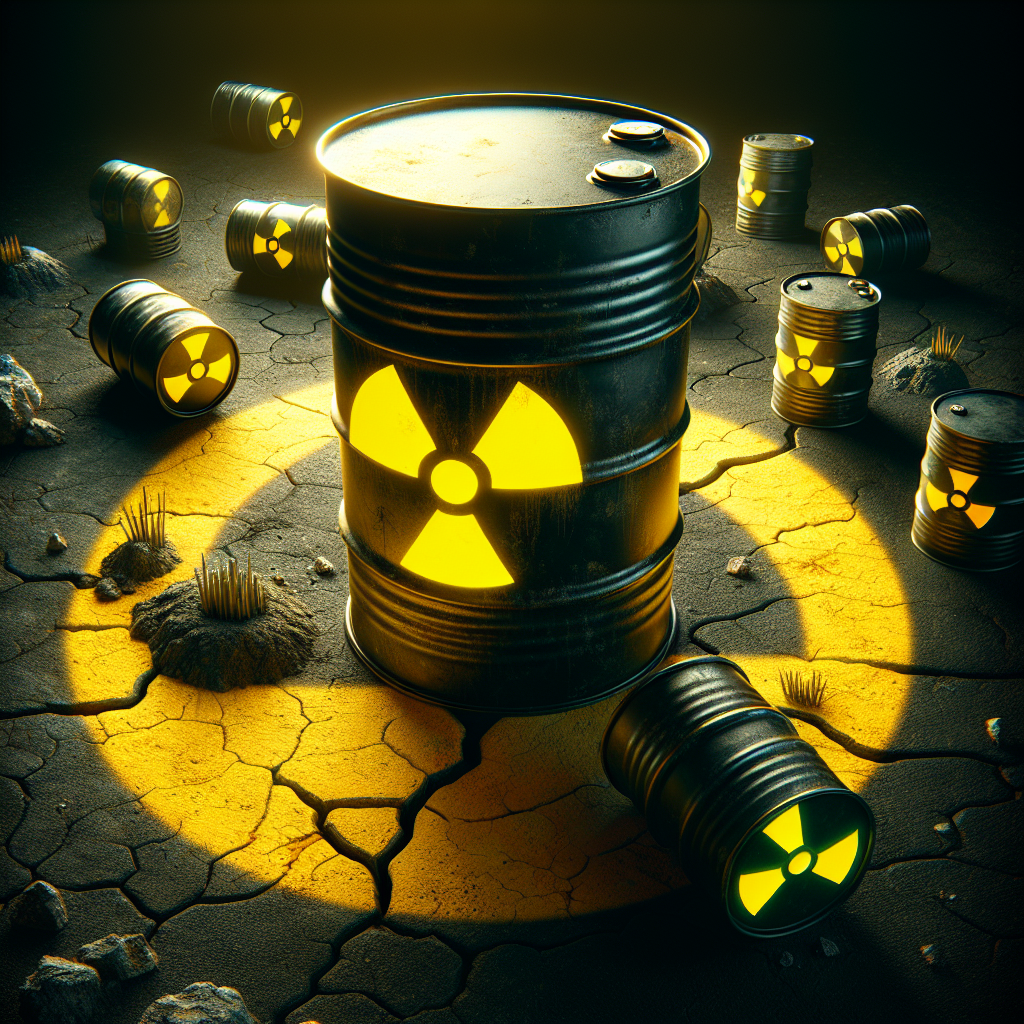The International Atomic Energy Agency (IAEA) has released a new publication titled Detection in a State's Interior of Nuclear and Other Radioactive Material out of Regulatory Control. This guide provides law enforcement agencies and frontline officers with detailed instructions to combat criminal activities involving nuclear or radioactive materials that are no longer under regulatory control.
“This new publication is part of the IAEA’s comprehensive toolkit to help countries meet their nuclear security responsibilities,” said Itimad Soufi, Head of the IAEA’s Nuclear Security of Materials Outside of Regulatory Control Section.
The guide offers extensive advice on planning and executing nuclear material detection operations to address current threats and risks. It includes detailed information on integrating detection systems and measures into existing security frameworks, and it provides operational steps and examples for conducting detection operations, both with and without radiation detection equipment.
Among its practical tools, the publication features a template for creating joint detection operation plans, guidance on managing information alerts, and details on radiation detection equipment. This resource is designed to assist frontline organizations and officers in developing human resources and selecting appropriate detection equipment.
The guide is intended for a wide range of stakeholders, including law enforcement agencies, national security organizations, emergency services, national regulators, and health professionals, who are responsible for managing nuclear security within their countries.
Sponsored jointly by the IAEA, the European Union Agency for Law Enforcement Cooperation (EUROPOL), the International Criminal Police Organization (INTERPOL), the United Nations Interregional Crime and Justice Research Institute (UNICRI), the United Nations Office of Counter-Terrorism (UNOCT), and the United Nations Office on Drugs and Crime (UNODC), the publication is part of the IAEA’s Nuclear Security Series. This series provides international consensus guidance on nuclear security, supporting countries in fulfilling their nuclear security responsibilities.
“The publication offers detailed guidance tailored to different roles in nuclear security. It is a crucial component of our Nuclear Security Series, designed to aid countries in managing and enhancing their nuclear security efforts,” Soufi added.











